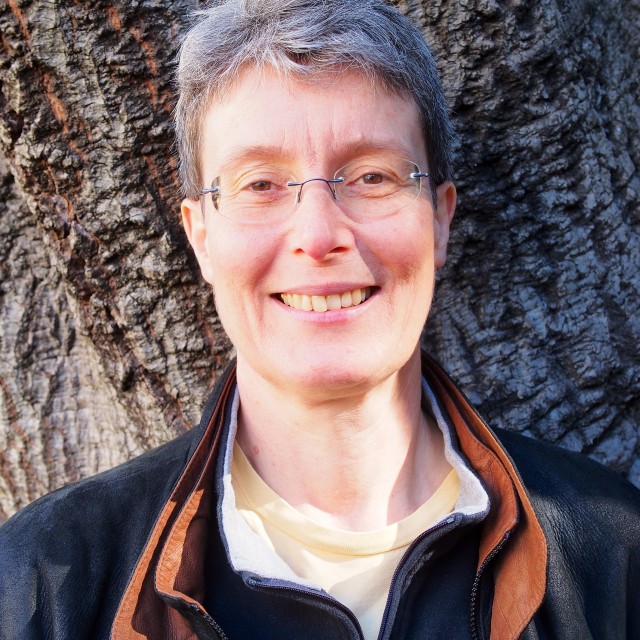Claudia Engel
ATS for Anthropology
Claudia Engel earned a doctorate degree in Anthropology and a Masters degree in Biology at the University of Goettingen in Germany. Her work centers around the innovative potential of new technologies for teaching and research and she has been involved in numerous projects alongside Stanford faculty with a focus on classroom technologies, research databases, spatial analysis, and GIS. Claudia co-founded of the Stanford interest group in GIS. She holds an appointment as lecturer at the Department of Anthropology and teaches an introductory course to spatial analysis for Social Scientists. She served for four years as co-director of the Stanford Sea Island Fieldschool. For her work she routinely and extensively uses R, Qgis, GRASS, postGIS, ArcGIS, mysql, php, gephi, python, and -more recently- javascript. She regularly teaches faculty, graduate and undergraduate student workshops on R, GIS, Python, mobile devices, and digital research methods. She also serves as GIS consultant with the Institute for Research in the Social Sciences, is a member of the Stanford Spatial Social Science Lab and affiliate of the Stanford Center on Longevity and the Urban Studies Program. She also serves as a Co-Manager of the Academic Technology Specialist Program.
Research collaborations:
Catalhoyuk (http://www.catalhoyuk.com)
- Transformation of a large archaeological database into linked open data, implementing innovative approaches to contextualized and spatiotemporal data analysis.
Faculty: Ian Hodder
Cigarette Citadels (http://www.stanford.edu/group/tobaccoprv/cgi-bin/map)
- Spatial visualization of data related to anthropological research on the tobacco industry.
Faculty: Matthew Kohrman
Sea Island Fieldschool (http://www.stanford.edu/~pebron/fieldschool.html, http://youtu.be/IcJTlSh8RRo?hd=1)
- 4-week long introduction of undergraduate students to ethnographic field research and methods in cultural anthropology.
Faculty: Paulla Ebron
Figurines (http://figurines.stanford.edu)
- Online image gallery to support an innovative methodology to view archaeological objects as procedural, dynamic and contextualized.
Faculty: Lynn Meskell
Indigenous fire and landscape ecology
- Acquisition of historical aerial photography of Australian desert and manual processing to extract firescars for spatial analysis
Faculty: Rebecca Bird
Market Street Chinatown Archaeological Project (http://marketstreet.stanford.edu)
- Online presence for research and education program to catalog, analyze, report, and curate 19th century archaeological artifacts.
Faculty: Barbara Voss
Teaching Collaborations:
Introduction to Zooarchaeology
- The use of iPads for bone identification and documentation in a “digital” lab book.
Faculty: Krish Seetah
Spatial Approaches to Social Science
- An introduction to GIS and spatial research for all students from social science disciplines, taught in an innovative classroom.
Faculty: Jonathan Rodden
Digital Methods in Archaeology
- The use of high innovative classroom spaces for collaborative learning.
Faculty: John Rick, Ian Robertson
Pre- and Postfield, Anthropological Methods
- Introduction to technologies for field research
Faculty: Sylvia Yanagisako, Miyako Inoue, Paulla Ebron
Ongoing consulting on web technologies, classroom technologies, field methods, databases, proposals, GIS, programming, mobile technologies, multimedia, as well as workshops.
Faculty: Rebecca Bird, Paulla Ebron, Ian Hodder, Miyako Inoue, Lochlann Jain, Jamie Jones, Matthew Kohrman, Tanya Luhrman, Liisa Malkki, Lynn Meskell, John Rick, Ian Robertson, Krish Seetah, Kabir Tambar, Sharika Thiranagama, Barbara Voss, Mike Wilcox, Sylvia Yanagisako, Paolo Parigi, Jonathan Rodden, Christobal Young, Clayton Nall, Stephen Haber, Karen Jusco, as well as graduate and undergraduate students.

